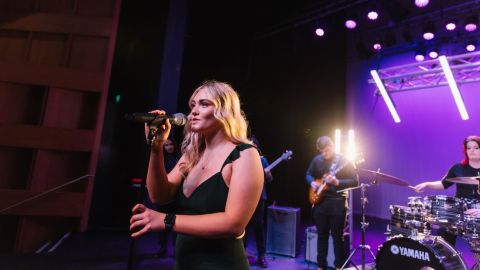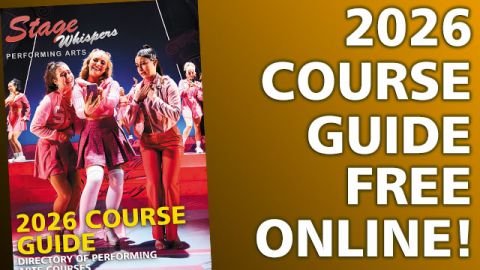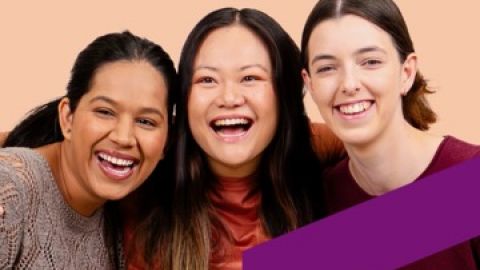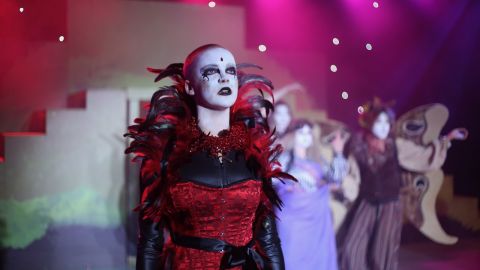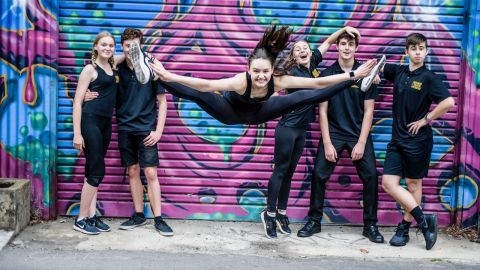The Joy of Singing
The University of Southern Queensland in Toowoomba is leading the way for tertiary music education with its new workshop model.
An exciting new musician training model at USQ was launched at the start of this year.
The co-ordinator is jazz singer Melissa Forbes, who also teaches singing for contemporary commercial music styles, popular music history and a popular songwriting course.
“We’ve come up with an exciting model of teaching the practical elements of music. It’s more of an ensemble-based approach, where students break into groups and work on repertoire to come up with their own arrangements of songs in accordance with whatever instrumentation they may have at the time, and teaching them certain musical fundamentals in that type of environment. And so far, so good – it’s been a real injection of enthusiasm and vitality for both the students and staff.
“We’re hoping to further expand that model in future years.”
Melissa explained her philosophy on teaching contemporary voice.
“I’m really keen for people to understand how their voice works, from a physiological and scientific perspective; because our voice is our body and our instrument, and we need to understand that. Obviously we work on basic singing technique, and I also have a particular passion for making sure that singers are also musicians. So in a lot of our classes we work on aural work as well to make sure that singers are honing their ears as much as honing their voices.”
And Melissa’s advice for young musicians wanting to apply for the course?
“If someone is applying to me as a vocal student I’m looking for some evidence of vocal technique, but I’m not after the well-developed technique – that’s what you come here to study for. In all applicants I’m looking for a sense of musicality, and even more important than that, a real love of music.
“I would encourage anyone who feels that they want to pursue music further after school to be always actively listening to lots of different types of music, thinking about what appeals to them and why, and starting to really think deeply about music rather than thinking of it as something that’s just playing in the background. If you want to spend your life as a musician, you have to absolutely immerse yourself in music.
“If the applicants are singers, they should also be trying to use their voice as much as possible, because it consists of cartilages and muscle, and just like anything physical, if we don’t use it much it’s not going to be in very good shape. So they need to be singing a reasonable amount, and being guided by someone locally who can help them with some basic technique. It’s also important to have good vocal role models and analyzing what it is about their voices that is healthy and functional – and looking at what makes those singers great artists.”
Student Jess Berwick says of the course at USQ, “The lecturers are extremely supportive and cater to each individual’s needs greatly. The course content is equally relevant and vastly interesting, and I hope to continue performing and one day embark on my journey of teaching others the joy of music!”
Image: First year USQ music students with their team of lecturers (from left) Dr Phillip Gearing, Alison Riethmuller and Melissa Forbes.

